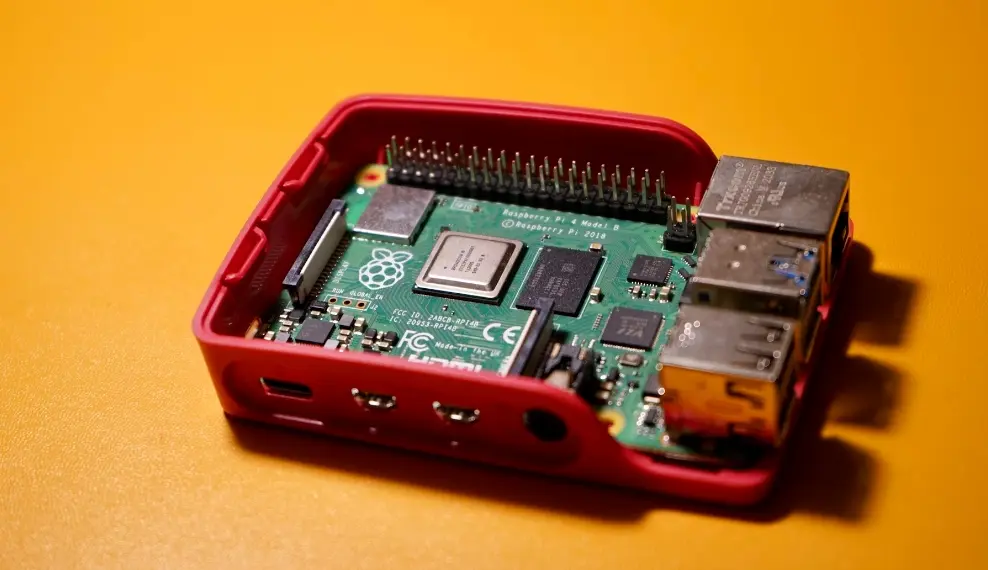
How to Apply for an FCC License?
The fcc is an abbreviation for the Federal Communications Commission, established in 1934. It is an independent agency of the United States government that reports directly to Congress. The FCC coordinates domestic and international communications through the regULation of radio broadcasting, television, telecommunications, satellite, and cable. FCC certification primarily targets radio application products, communication products, and digital products, including computers, fax machines, electronic devices, radio reception and transmission equipment, radio-controlled toys, telephones, personal computers, and other products that may pose safety risks.
Manufacturers of telecommunications, radio frequency, and low-power transmission equipment must have their products tested by an FCC-authorized laboratory to prove compliance with EMC/telecom requirements and obtain FCC certification.

Types of Certification
The FCC offers two different certification methods for electronic products: FCC SDoC and fcc id (Certification). The former applies to general non-wireless products, while the latter applies to wireless products.
- fcc sdoc: Applicable to non-wireless products like displays and lamps. The testing content is Electromagnetic Compatibility (EMC). The certification cost is low, and the testing period is short.
- FCC ID: Applicable to wireless products like mobile phones and Bluetooth headsets. The testing content includes Electromagnetic Compatibility (EMC) and Radio Frequency (RF). The certification cost is high, and the testing period is long.
FCC Regulated Product Scope and Standards
Below are some of the most widely applied fcc standards:
- fcc part 15 C/E/F: Testing of intentional radiators.
- FCC PART 18: Industrial, scientific, and medical equipment.
- FCC PART 22: Public mobile communication services.
- FCC PART 24: Personal communication services.
- FCC PART 25: Satellite communication services.
- FCC PART 27: Other FCC wireless communication services.
- FCC PART 68: Telecommunications terminal equipment.
FCC Part 15 covers devices that intentionally, unintentionally, or incidentally emit radio frequency energy and do not require an individual license. It includes technical specifications, administrative requirements, and other market access conditions. Products are mainly divided into four categories: unintentional radiators, intentional radiators, personal communication devices without a license, and basic information devices without a license.
fcc part 18 specifies the electromagnetic energy emitted by industrial, scientific, and medical equipment operating on certain frequencies to prevent harmful interference with authorized wireless communication services.
FCC License Application Process
1. Submit the application form to the testing agency.
2. Prepare test samples (wireless products need a frequency setting machine) and provide product information (see documentation requirements).
3. The testing agency issues a draft report for customer confirmation, then issues a formal report.
4. For FCC sdoc, the project is completed. For FCC ID applications, the report and technical information are submitted to the TCB.
5. The TCB reviews and issues the FCC ID certificate, and the testing agency sends the formal report and FCC ID certificate.
6. Once the FCC certification is obtained, the company can use the FCC mark and related statement on the product.
FCC Certification Application Materials
1. User manual.
2. Block diagram.
3. Circuit operation description.
4. Circuit schematic.
5. RF modulation type.
6. Rated Power Declaration.
7. TCB Form 731.
8. POA.
9. FCC confidentiality letter.
FCC License Testing Content
The test content for wireless terminal products includes the following parts:
- Part 22/24/27/90/96: Tests transmitters for communication products. Each modulation type of the same transmitter undergoes the same test items, including conducted and radiated tests, such as conducted power, radiated limits, frequency stability, occupied bandwidth, radiated bandwidth, and conducted spurious emissions, mainly for GSM, WCDMA, CDMA, LTE, and 5G.
- Part 15C: Focuses on intentional radiators, i.e., devices that intentionally generate and emit radio frequency energy through radiation or induction, such as Bluetooth and Wi-Fi.
- Part 15B: Focuses on unintentional radiators, i.e., devices that intentionally generate RF energy for supply or transmit RF signals to related equipment through connections but do not emit RF energy through radiation or induction, such as PC peripherals and chargers.
- RF exposure: Similar to CE's sar testing, but with a limit of 1.6W/kg averaged over 1g, stricter than CE requirements.
JJR Laboratory in China, an IEC 17025 authorized laboratory, provides FCC license services and can help you save 30% on FCC certification costs.
Email:hello@jjrlab.com
Write your message here and send it to us
 IEC 60529 IP Rating Ingress Protection Standard
IEC 60529 IP Rating Ingress Protection Standard
 IEC 60601-1 Medical Electrical Equipment Basic Saf
IEC 60601-1 Medical Electrical Equipment Basic Saf
 European Authorized Representative Medical Devices
European Authorized Representative Medical Devices
 EU Waste Electrical and Electronic Equipment Direc
EU Waste Electrical and Electronic Equipment Direc
 How to Get CE Approval
How to Get CE Approval
 Accelerated Ageing Test
Accelerated Ageing Test
 IP Ingress Protection Testing
IP Ingress Protection Testing
 How Does a Product Get an Energy Star Label
How Does a Product Get an Energy Star Label
Leave us a message
24-hour online customer service at any time to respond, so that you worry!




